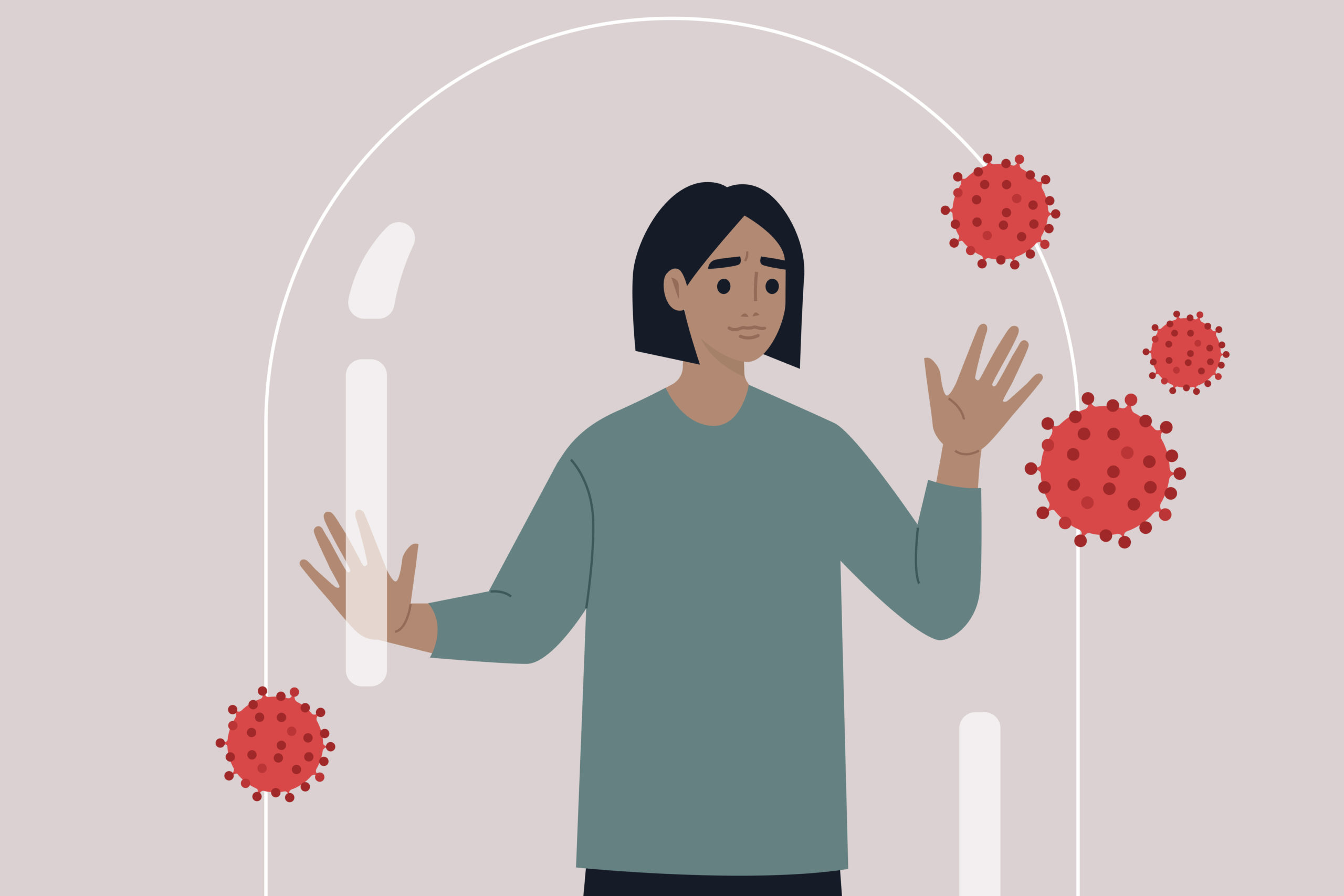The prospect of the nights drawing in, cold weather and the clocks changing can fill us with a sense of gloom most years, but this year it feels particularly difficult with all the uncertainty over Covid. Will we be able to socialise over winter, see our family, go out for dinner? Will we still be restricted over Christmas and unable to have the parties that brighten up the winter months? For many of us, anxiety levels are already at an all time high, our resilience is low, and studies have shown elevated levels of depression and distress. However, as the winter months loom, there are many things we can do to ease the low mood and find ways to cope.
Meditation
Meditation is always a useful tool for low mood as it helps relax you and boost your mood. Meditation doesn’t have to be a long process – even just taking 15 second breaks for a moment of mindfulness is a great way to reduce stress and anxiety. Take 15 seconds to a minute out to sit in a chair upright, take a gentle breath in and gently let it out. Repeat twice so that your breathing settles. Become aware of your body again and then slowly open your eyes. You can also try this for anything for 5 – 30 minutes once or twice a day if you have the time, to extend the benefits. If your mind is invaded by thoughts during this, try to bat them away and focus on your body.
Probiotics
Studies have found that your gut influences molecules in your brain that are involved in processing anxiety. Pre and pro-biotic supplements can help your gut bacteria balance, and studies showed a significant improvement in anxiety and depression symptoms when taking them. Other foot that can help are fermented foods like Kimchi, Kombucha and plain yogurt, and prebiotic food like onion, garlic, dates, and figs.
Stay connected
Our learnings from lockdown is dont overcommit to hundreds of zoom calls, quizzes and online parties. But it is important that we keep to calls and video chats with people that are important to us. A meaningful conversation with someone that really matters to us can do more to boost our mood than multiple calls with people we haven’t spoken to in years, or acquaintances. Keep your connections with those that matter.
Yoga
Studies have shown that yoga classes ease depressive symptoms – one or two weekly sessions eased symptoms when compared with no treatment or self help. The more sessions they did, the lower the levels of depression. Considering the scientific evidence, It’s worth trying out a weekly session over winter to help beat those winter blues.
Eat Well
More specifically, comfort eating food with a lot of sugar can make you feel more tired which affects your mood. Eating sugary foods is shown to have no immediate effect (i.e no “sugar rush”) and can actually make people feel more tired afterwards. In the longer term, high sugar diets has been linked to depressed mood. It’s much more tempting over winter to reach for those comfort foods, but try to keep healthy eating as much as possible as we head into winter.
Acceptance
At the moment, there is so much uncertainly that it makes us feel anxious and stressed. Worrying too much about what is going to happen can cause us to spiral. We often worry because we think preparing for the worst will mean that we are ready IF the worst happens. However, worrying about it doesn’t actually change the way we react to a situation when it does happen. Thinking ahead too much can contribute to our low mood, so we should try to train ourselves to focus on the now. Keep your daily routines and focus on those rather than worrying about whether your family will be able to get together for Christmas. Keeping those daily routines helps us feel like we are achieving things and gives us some sense of certainty that we need.





